20%
ইন দ্য বিগেনিং
Book Details
| Title | ইন দ্য বিগেনিং |
| Author | ক্যারেন আর্মস্ট্রং |
| Translator | সাদেকুল আহসান কল্লোল |
| Publisher | রোদেলা প্রকাশনী |
| Category | অনুবাদ |
| ISBN | 9789849133483 |
| Edition | 1st Published, 2016 |
| Number Of Page | 223 |
| Country | বাংলাদেশ |
| Language | বাংলা |
| Cover Type | পেপারব্যাক |
Book Description
Author Info
 ক্যারেন আর্মস্ট্রং
ক্যারেন আর্মস্ট্রংKaren Armstrong, OBE, FRSL (born 14 November 1944) is a British author and commentator of Irish Catholic descent known for her books on comparative religion.[1] A former Roman Catholic religious sister, she went from a conservative to a more liberal and mystical Christian faith. She attended St Anne’s College, Oxford, while in the convent and majored in English. She left the convent in 1969.[1] Her work focuses on commonalities of the major religions, such as the importance of compassion and the Golden Rule. Armstrong received the US$100,000 TED Prize in February 2008. She used that occasion to call for the creation of a Charter for Compassion, which was unveiled the following year.Armstrong was born at Wildmoor, Worcestershire,[2] into a family of Irish ancestry who, after her birth, moved to Bromsgrove and later to Birmingham. In 1962, at the age of 18, she became a member of the Sisters of the Holy Child Jesus, a teaching congregation, in which she remained for seven years. Armstrong claims she suffered physical and psychological abuse in the convent; according to an article in The Guardian newspaper, “Armstrong was required to mortify her flesh with whips and wear a spiked chain around her arm. When she spoke out of turn, she claims she was forced to sew at a treadle machine with no needle for a fortnight.”[3] Once she had advanced from postulant and novice to professed nun, she enrolled in St Anne’s College, Oxford, to study English. Armstrong left her order in 1969 while still a student at Oxford. After graduating with a Congratulatory First, she embarked on a DPhil on the poet Tennyson. According to Armstrong, she wrote her dissertation on a topic that had been approved by the university committee. Nevertheless, it was failed by her external examiner on the grounds that the topic had been unsuitable.[4] Armstrong did not formally protest this verdict, nor did she embark upon a new topic but instead abandoned hope of an academic career. She reports that this period in her life was marked by ill-health stemming from her lifelong but, at that time, still undiagnosed temporal lobe epilepsy.[5][6] Around this time she was lodged with Jenifer and Herbert Hart, looking after their disabled son, as told in her memoir The Spiral Staircase
Publisher Info
- Reviews (0)




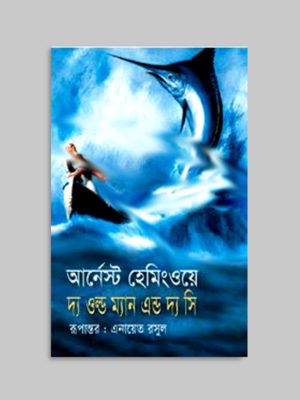

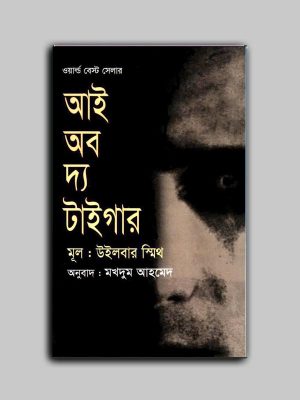


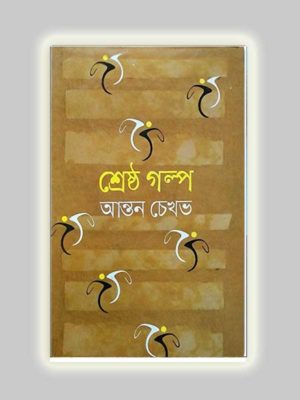
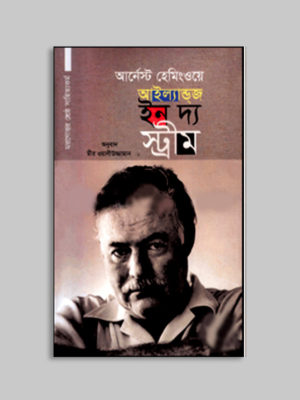

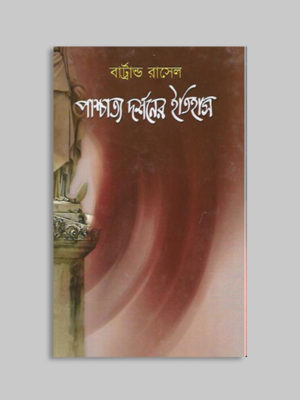
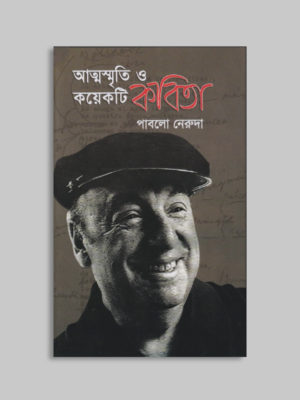
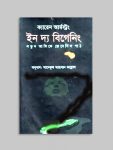


Reviews
There are no reviews yet.